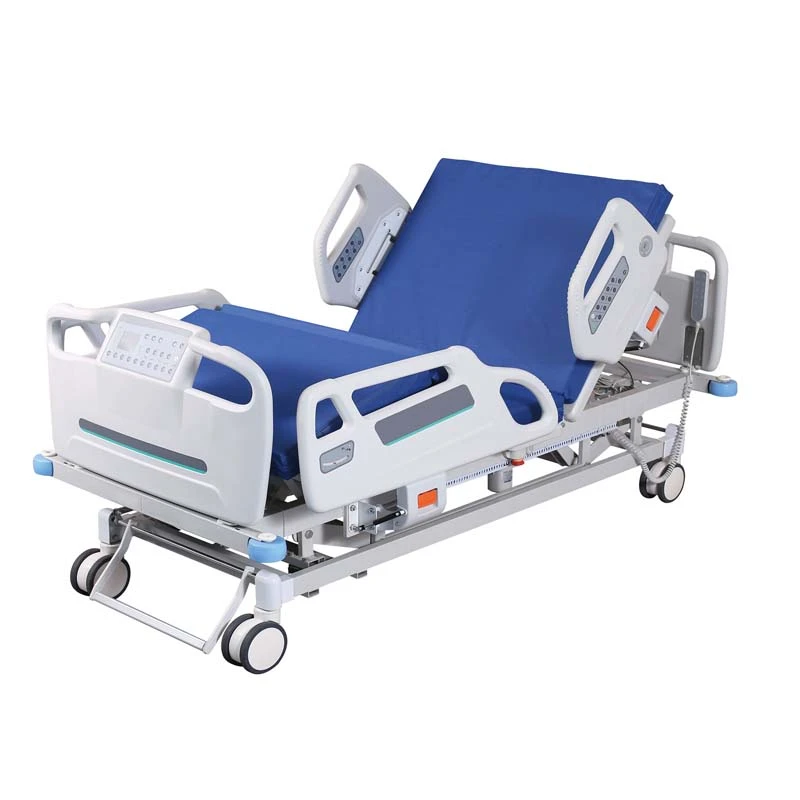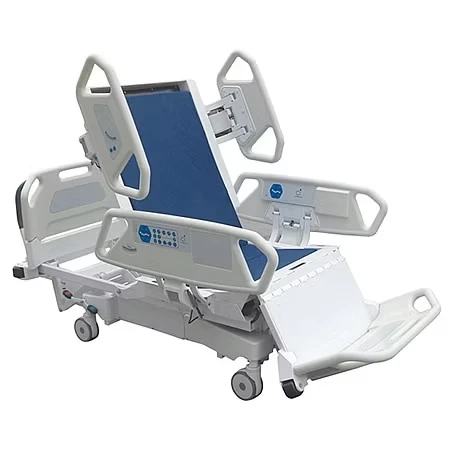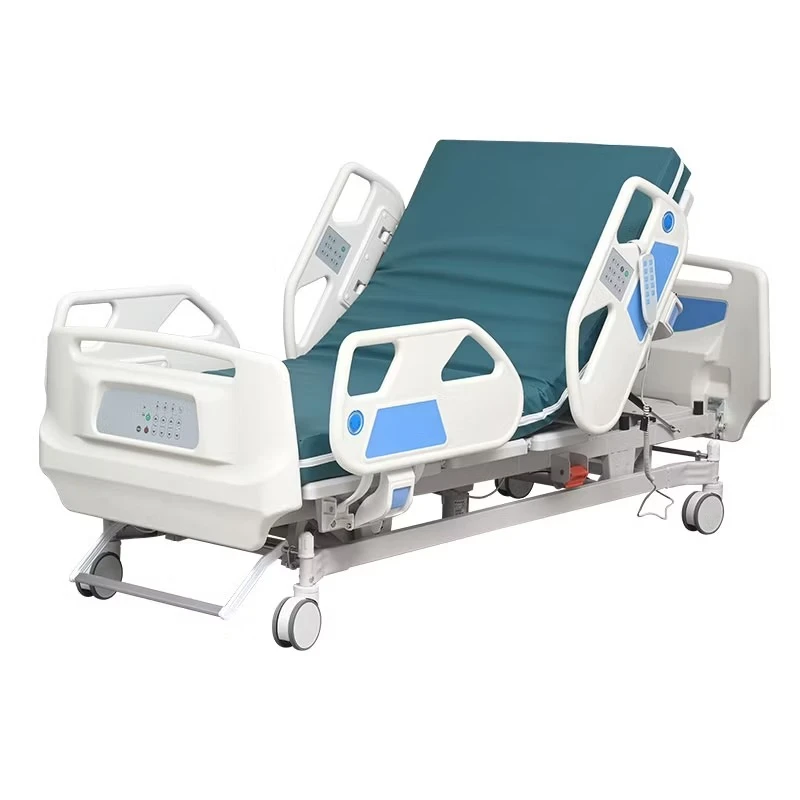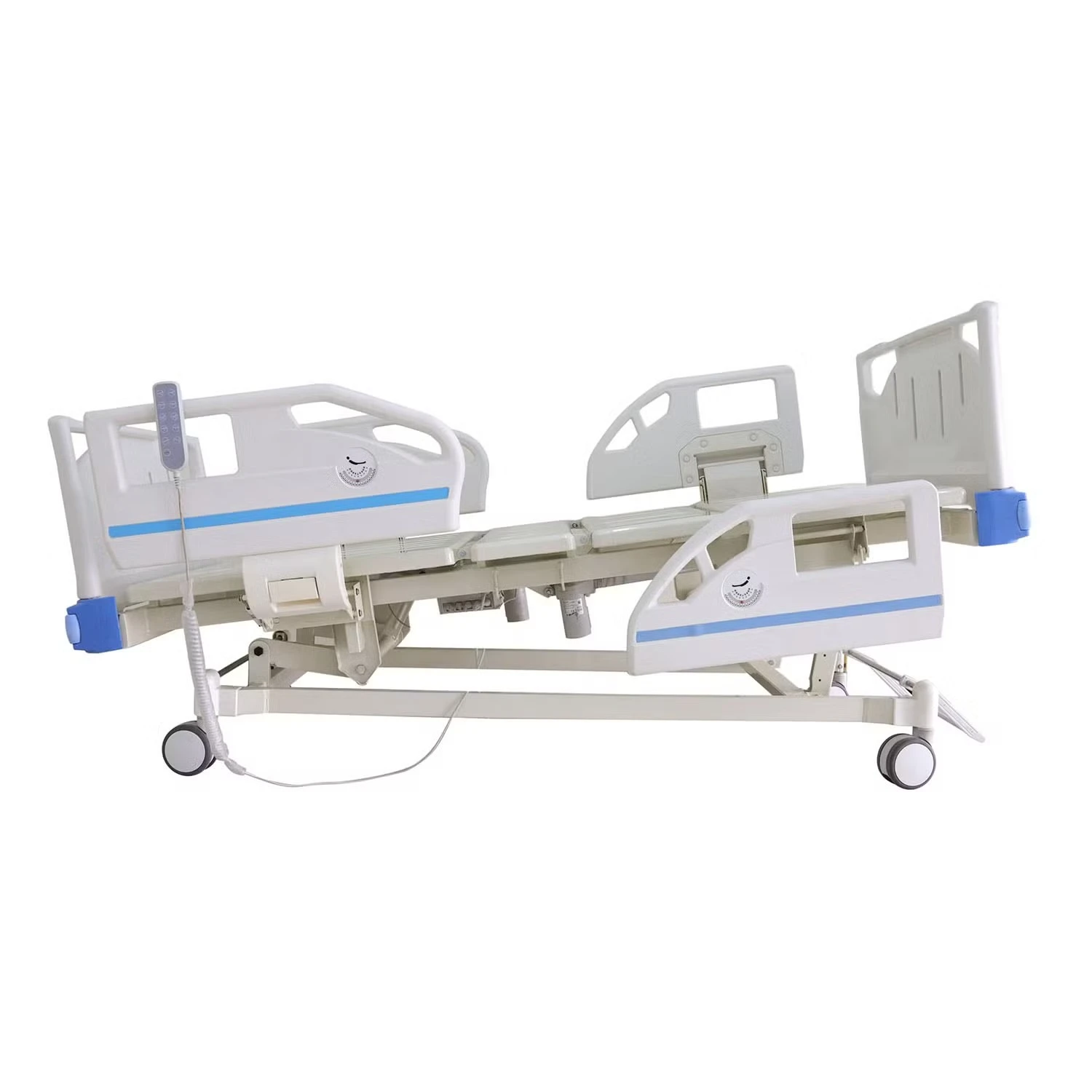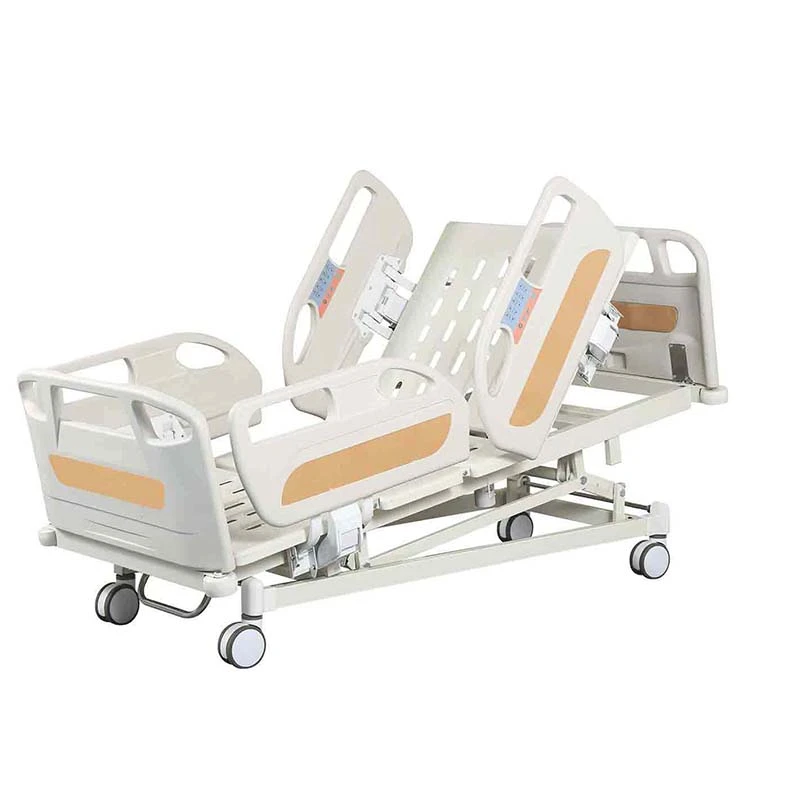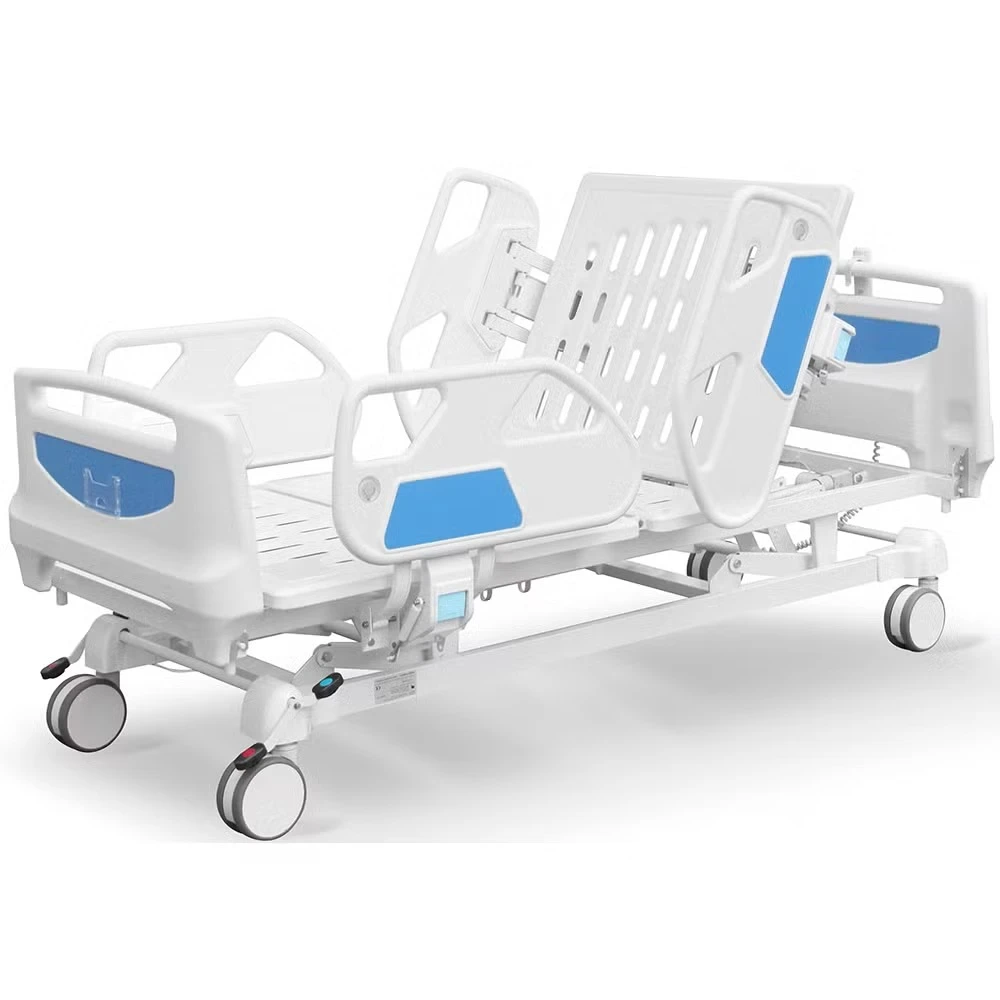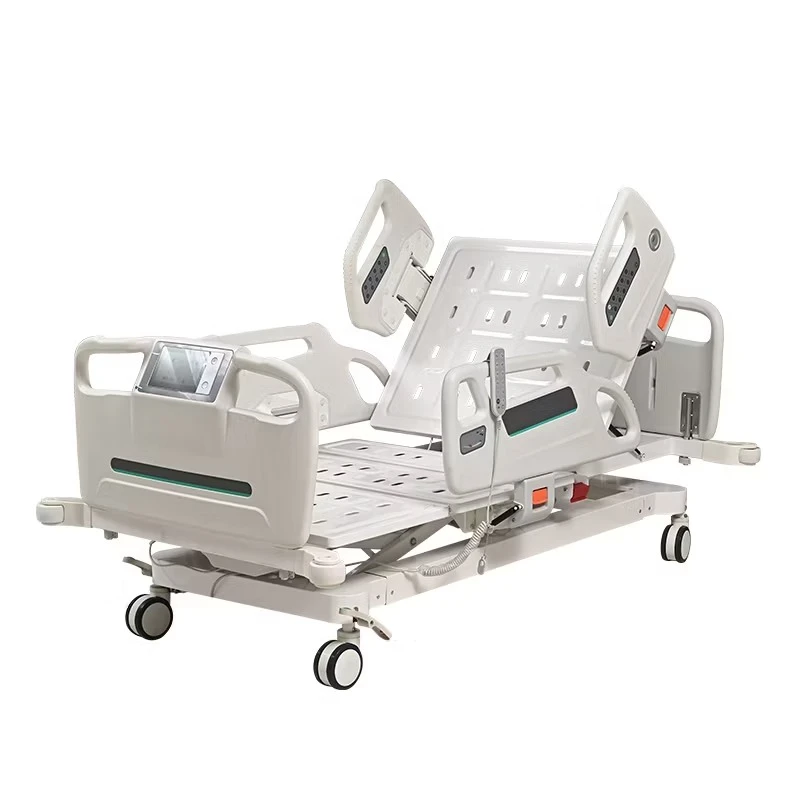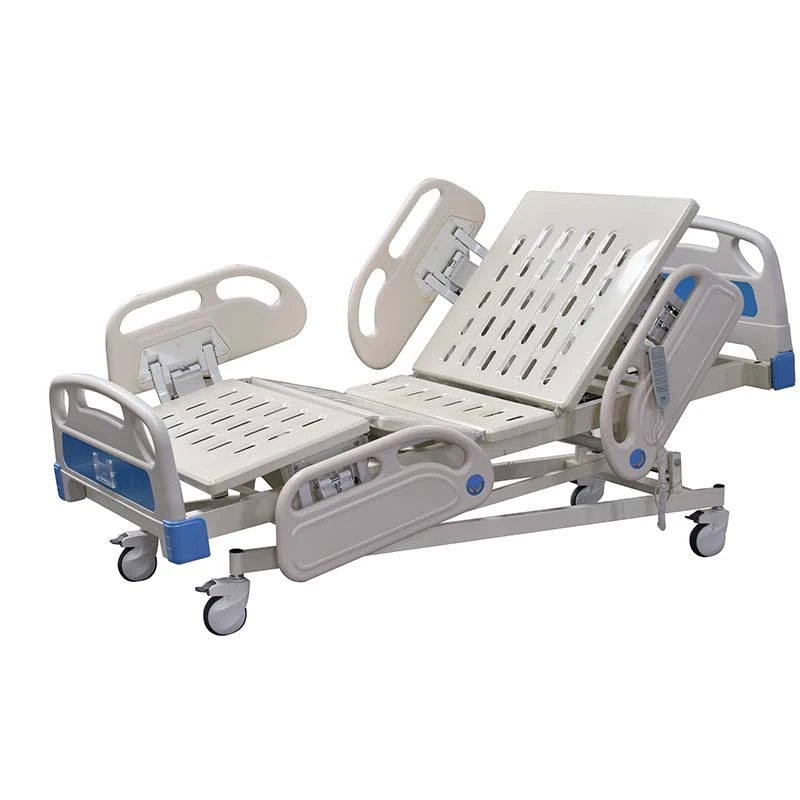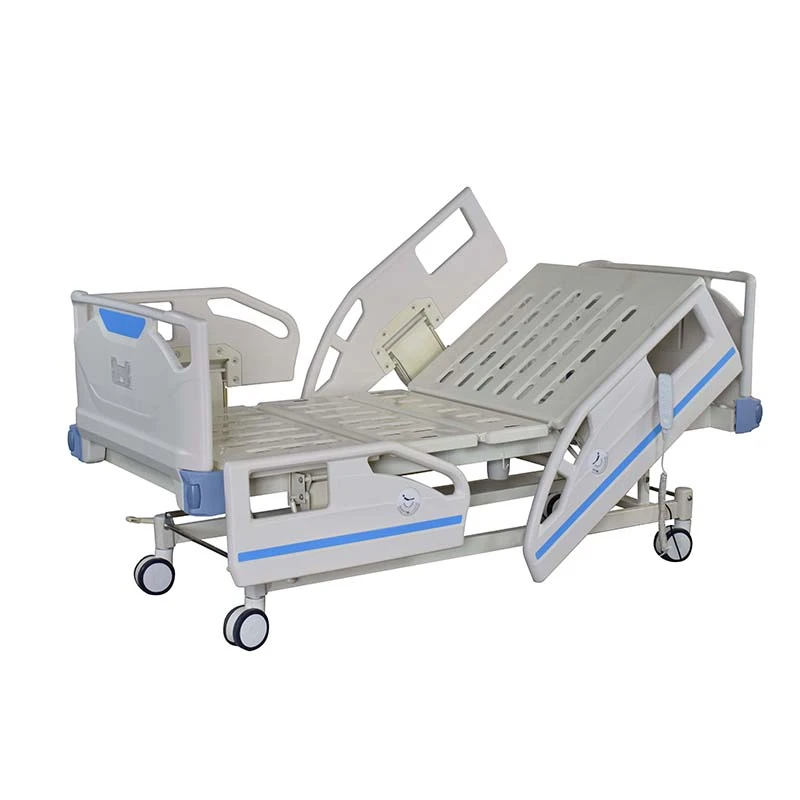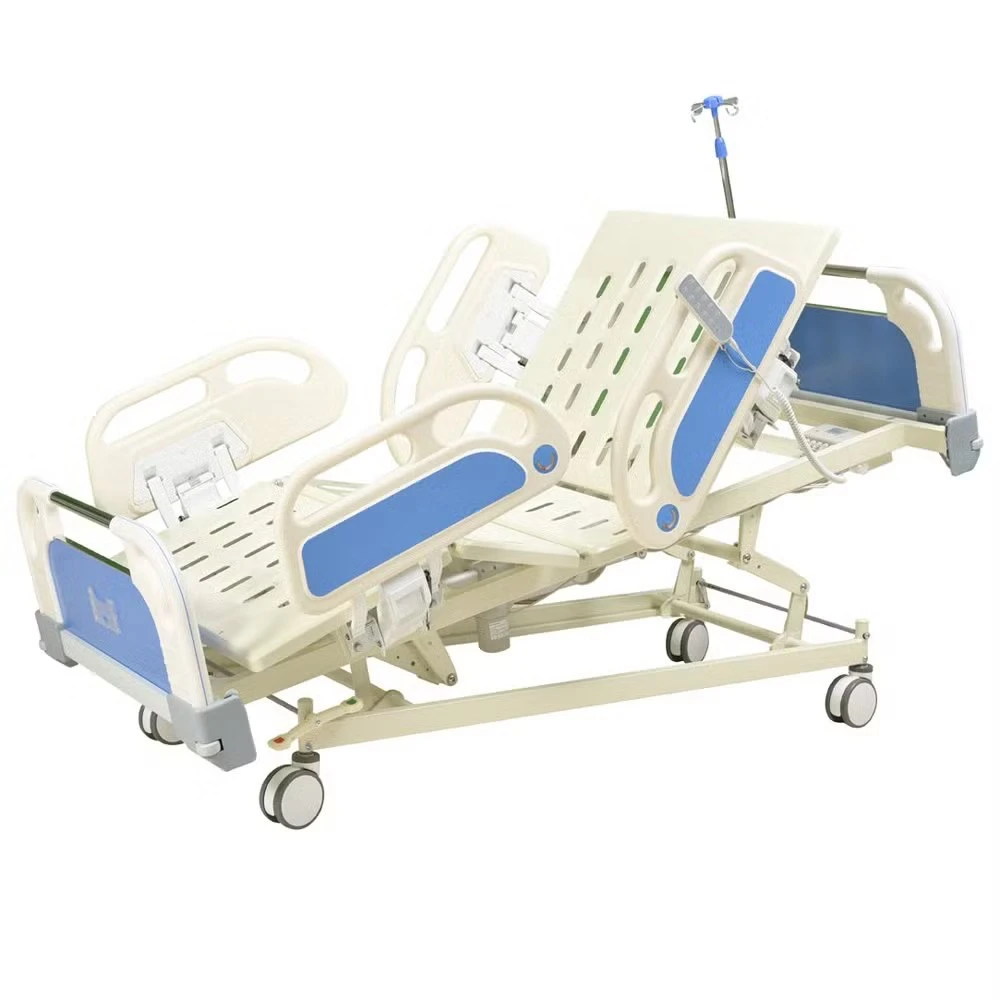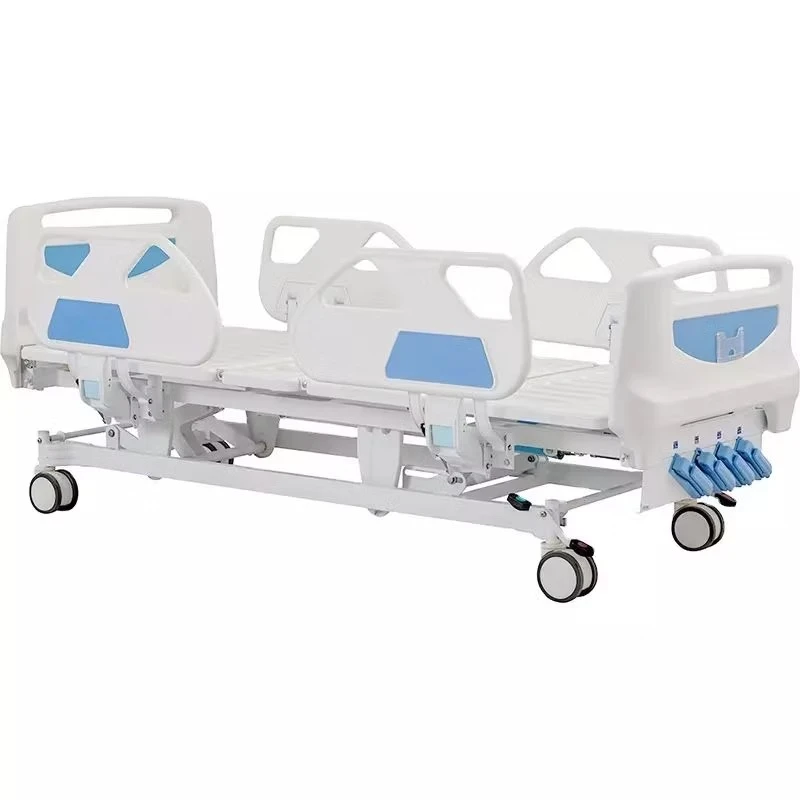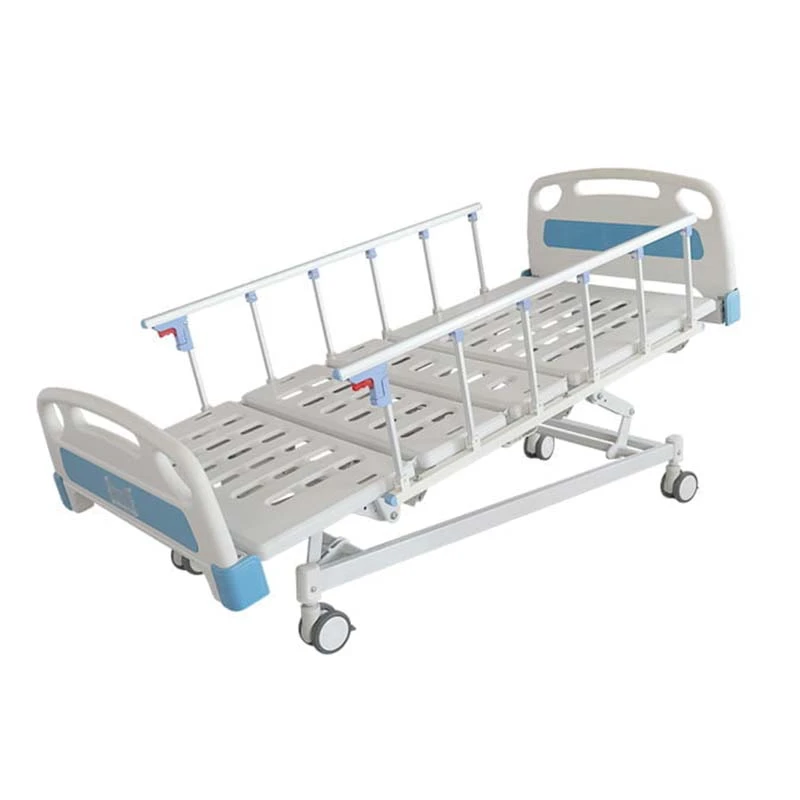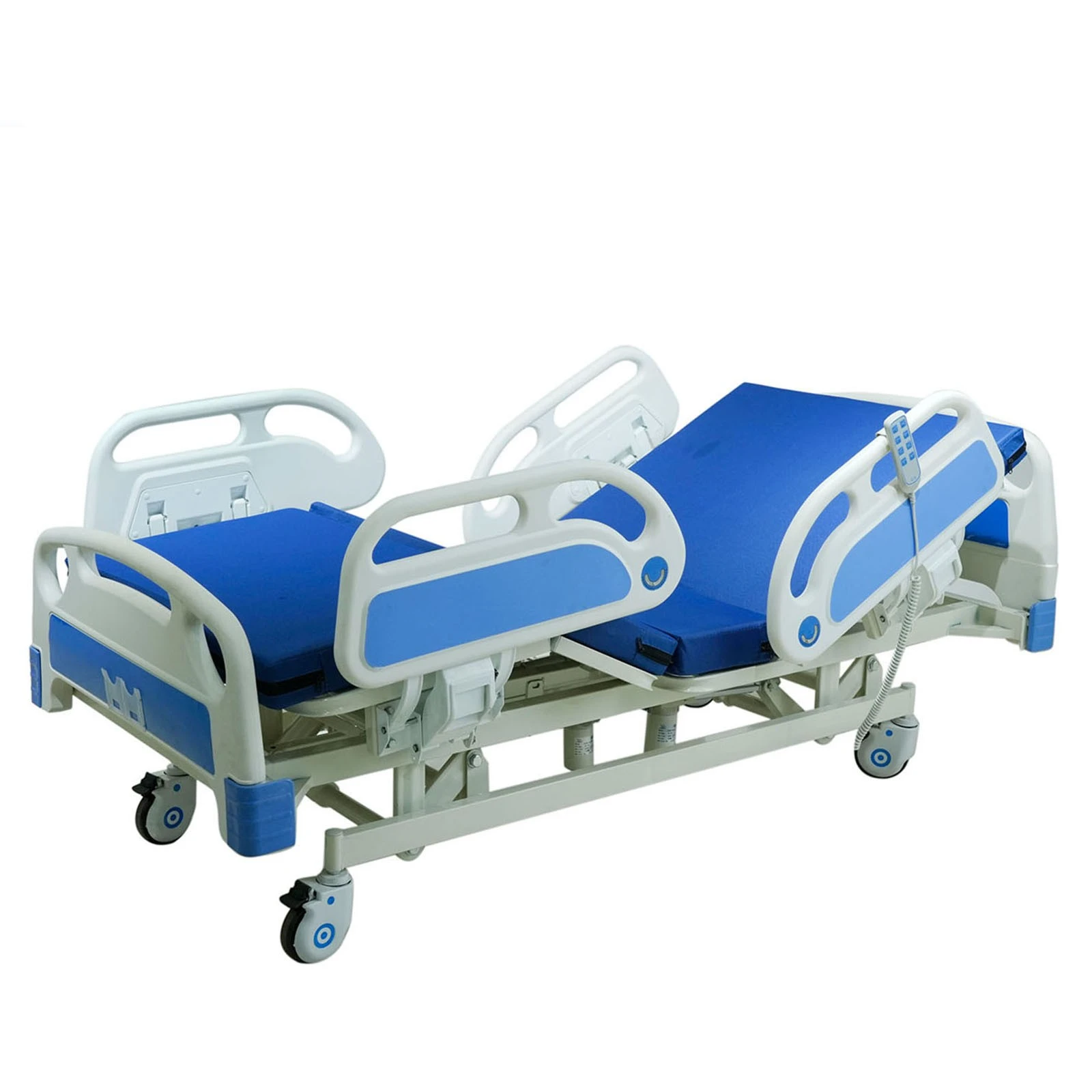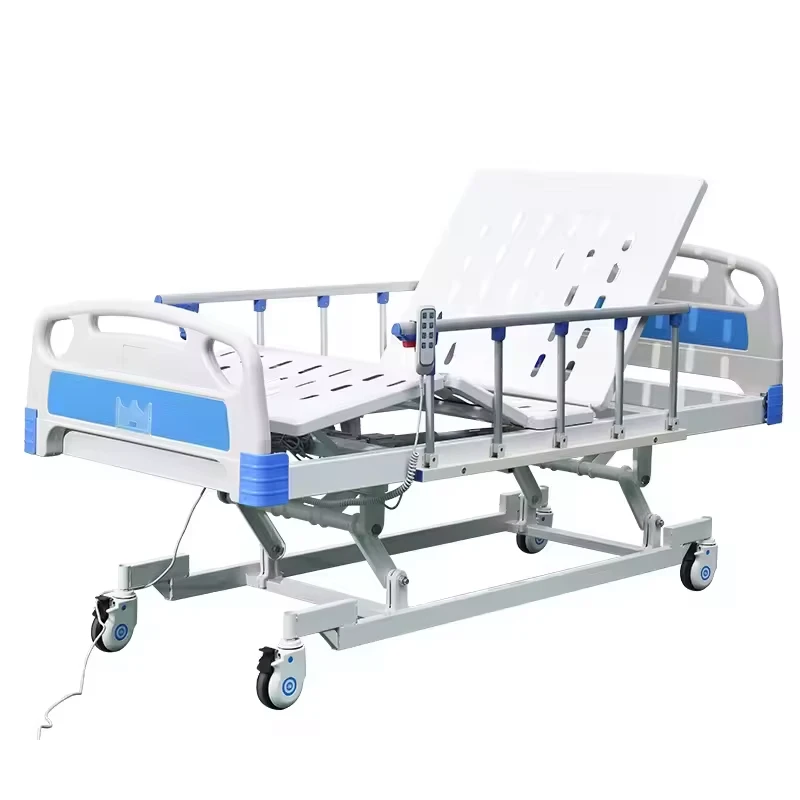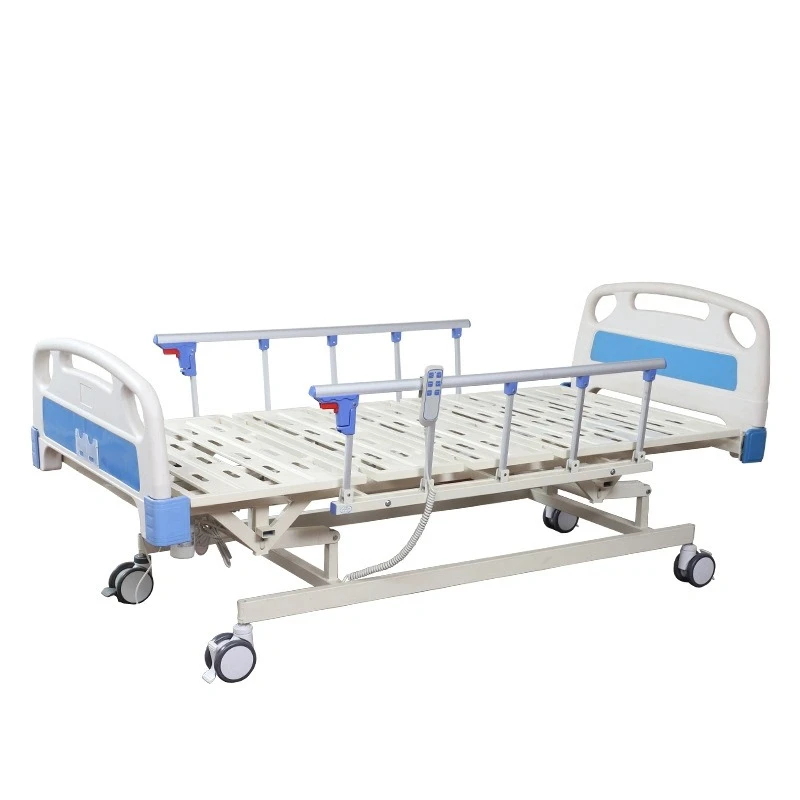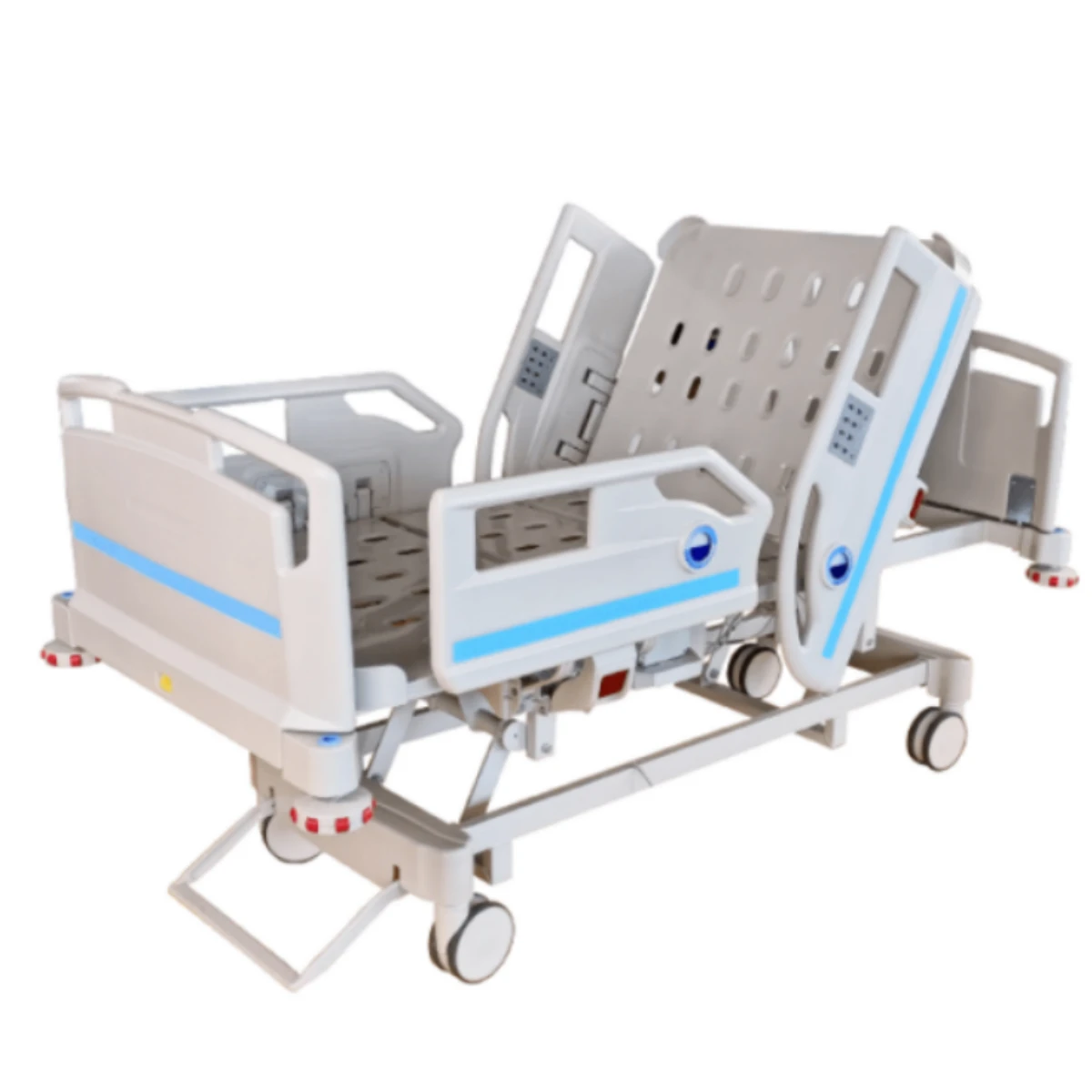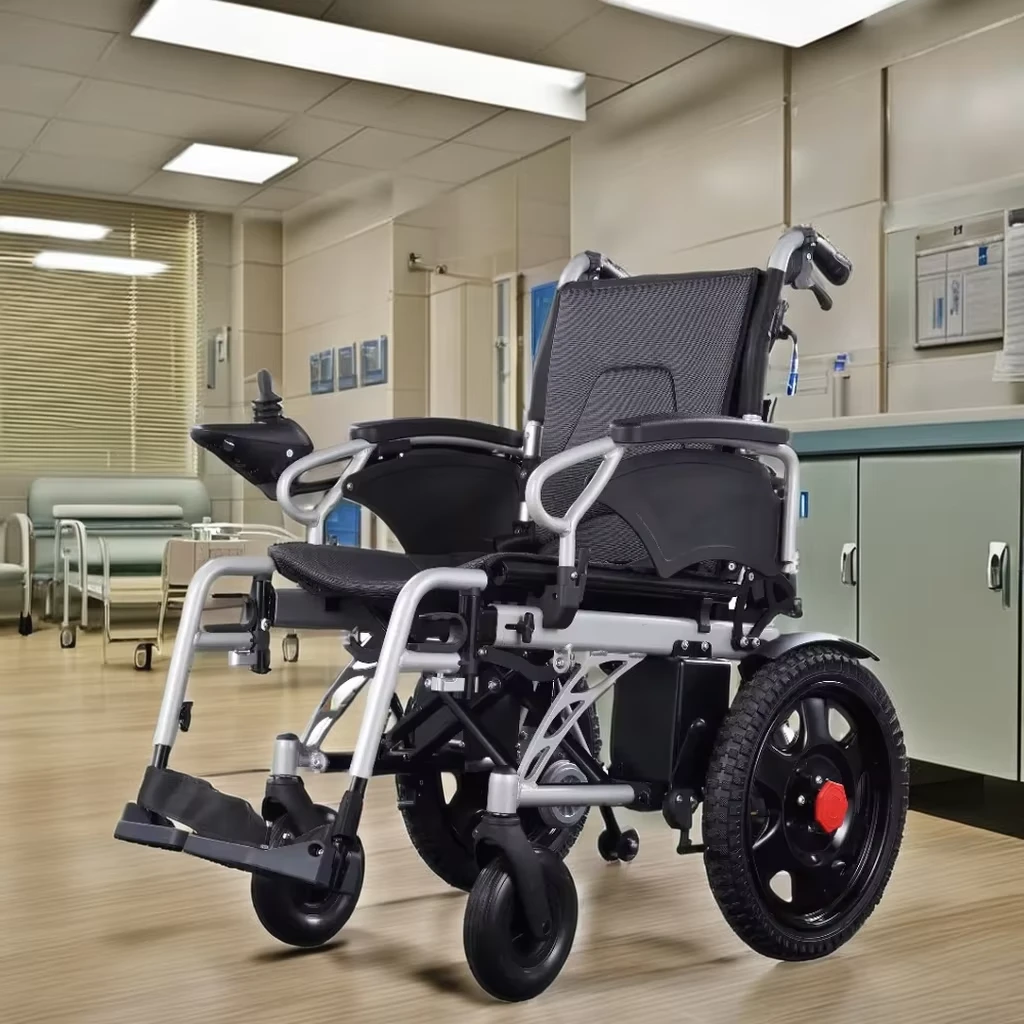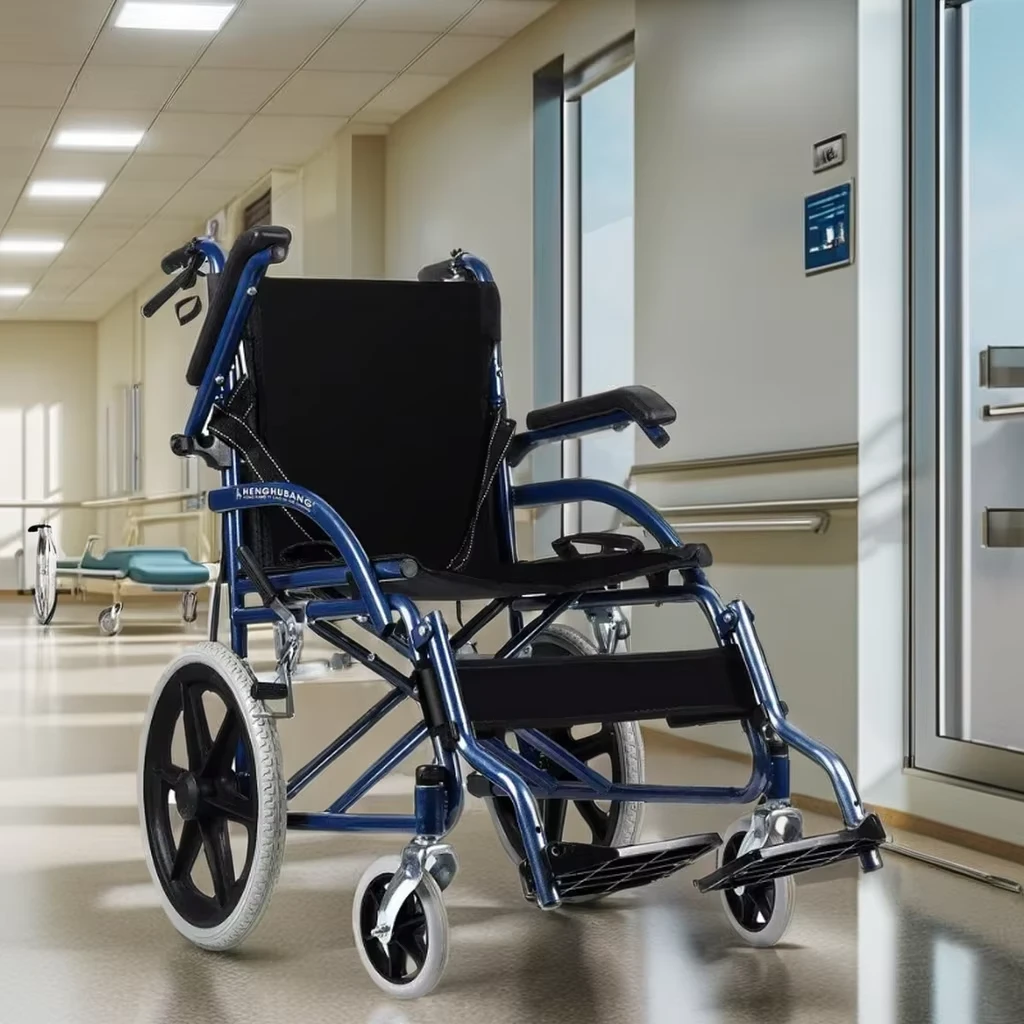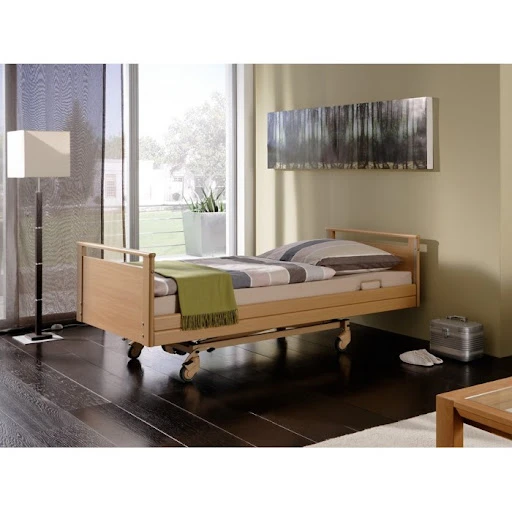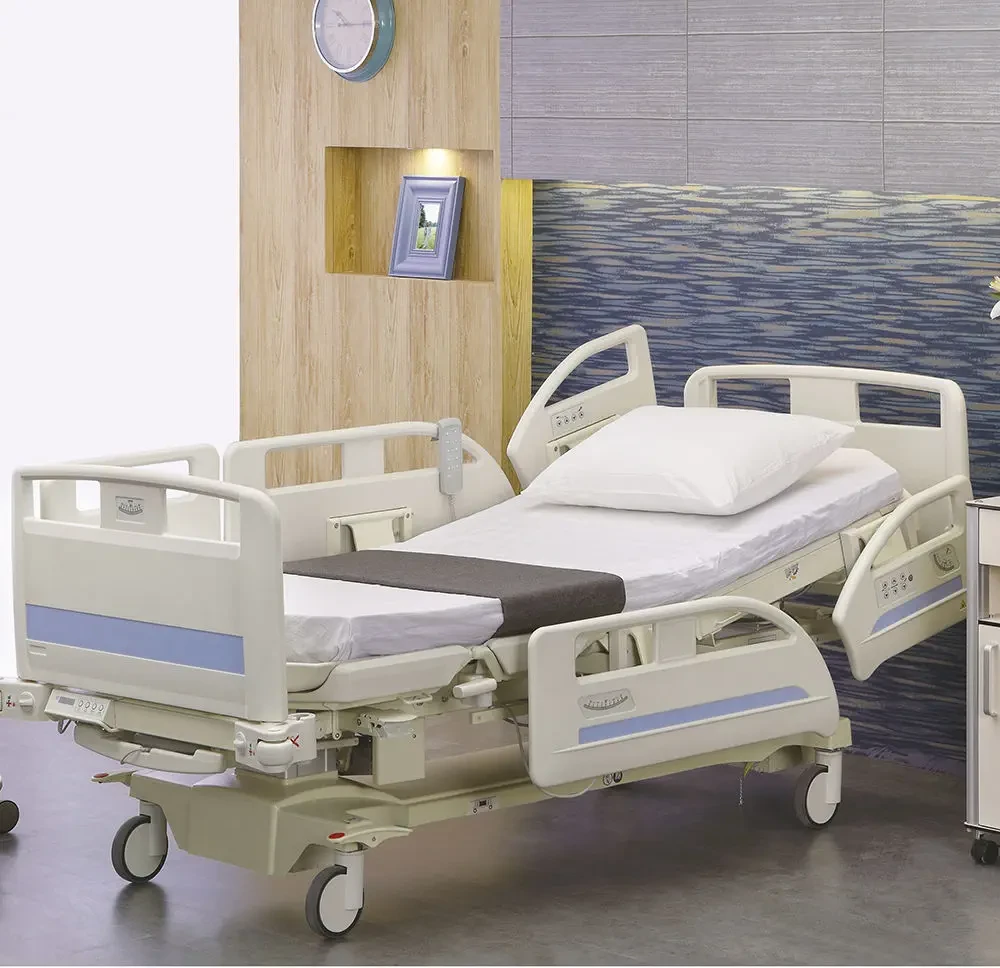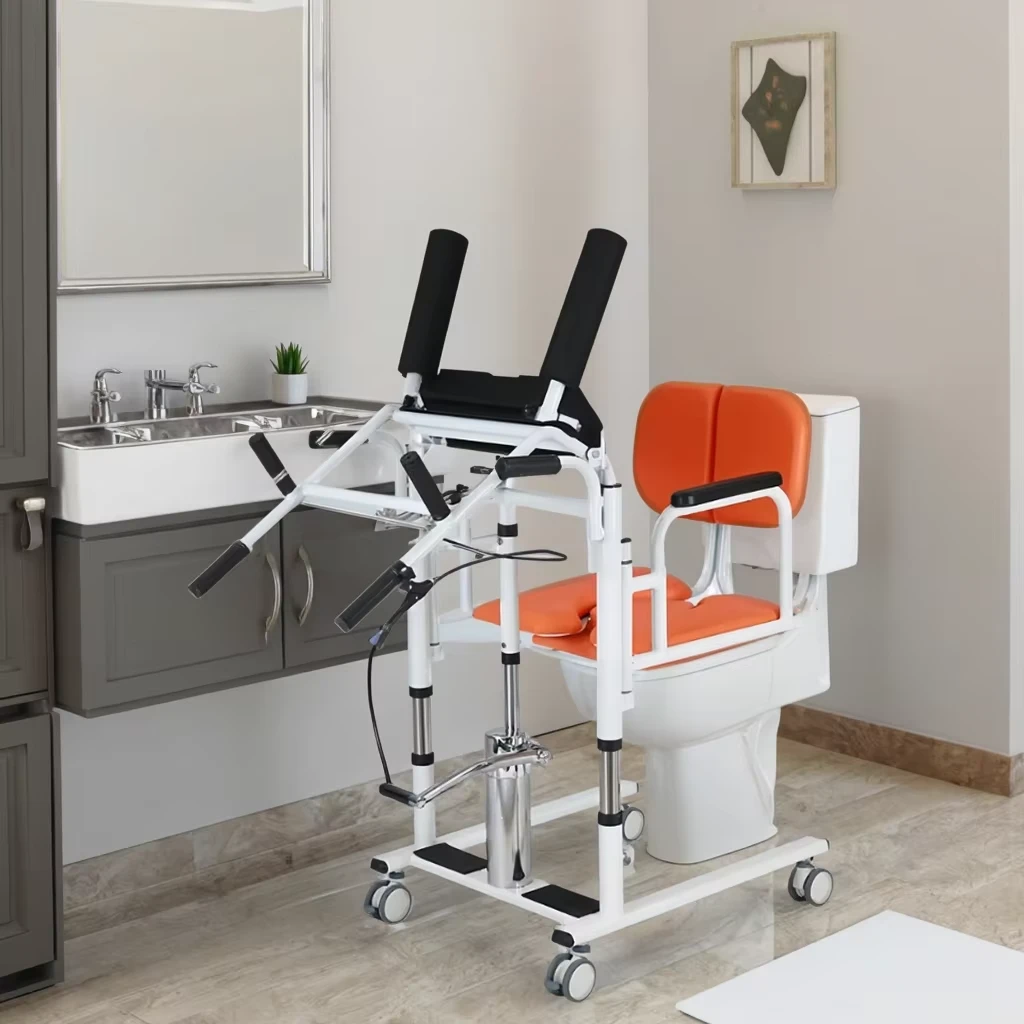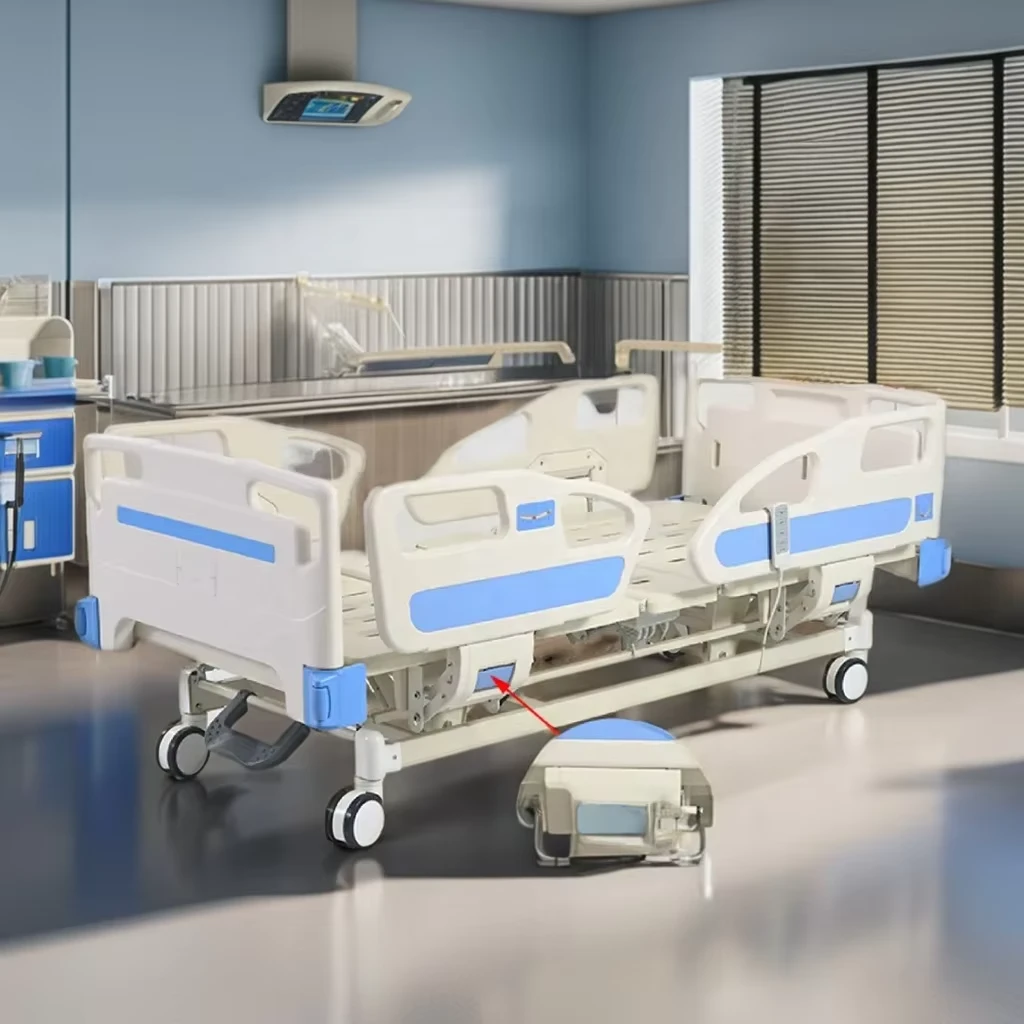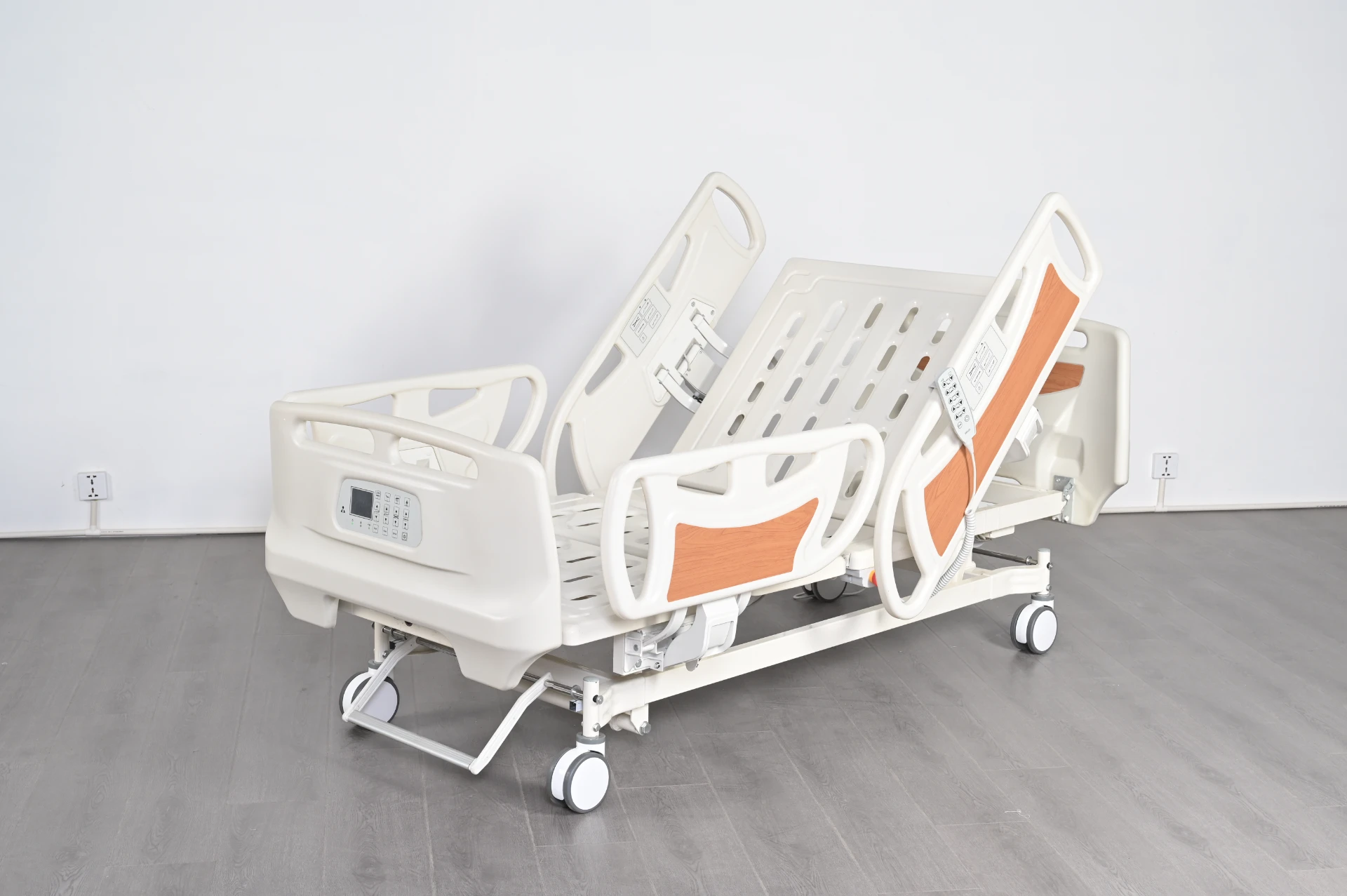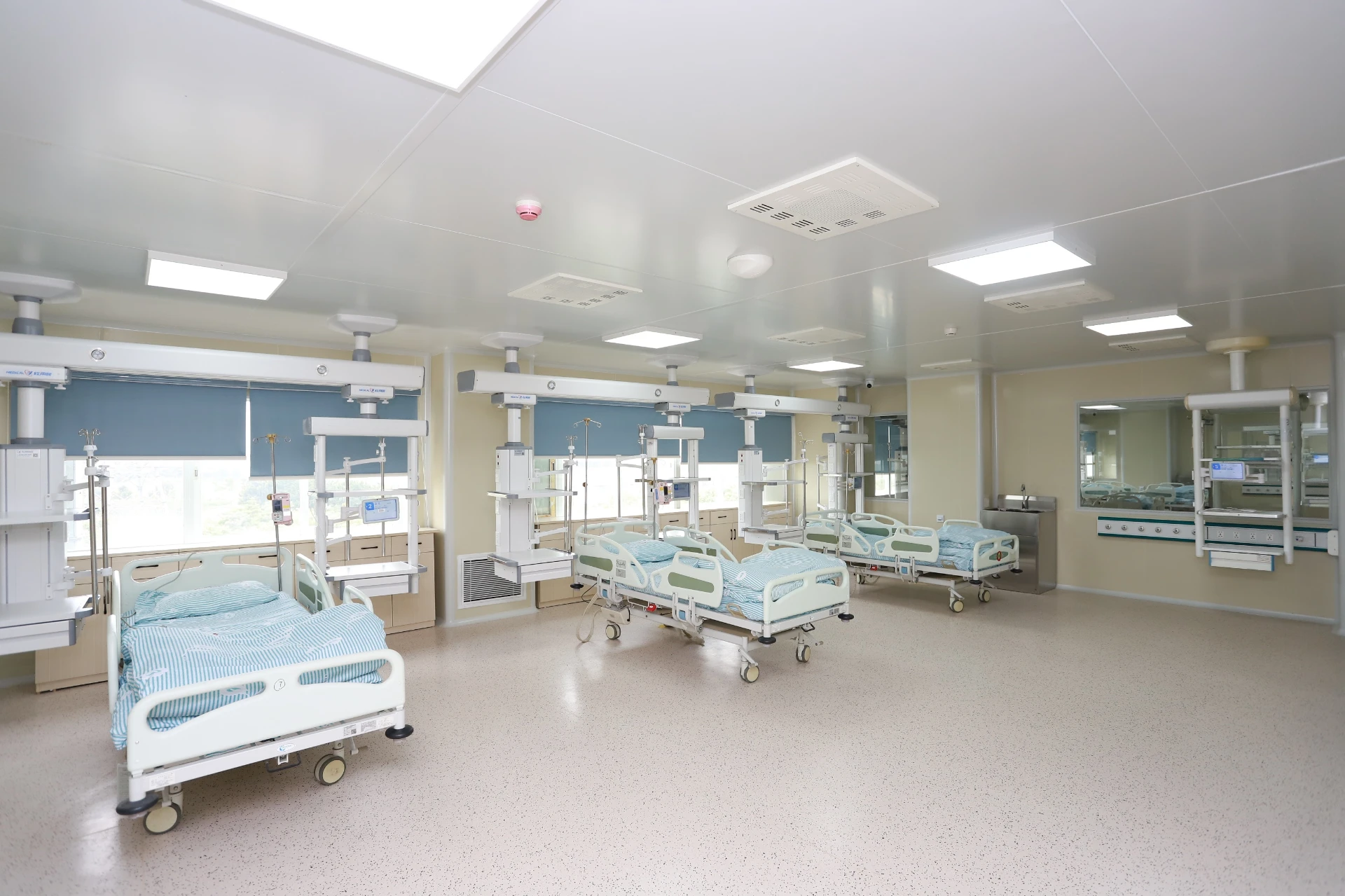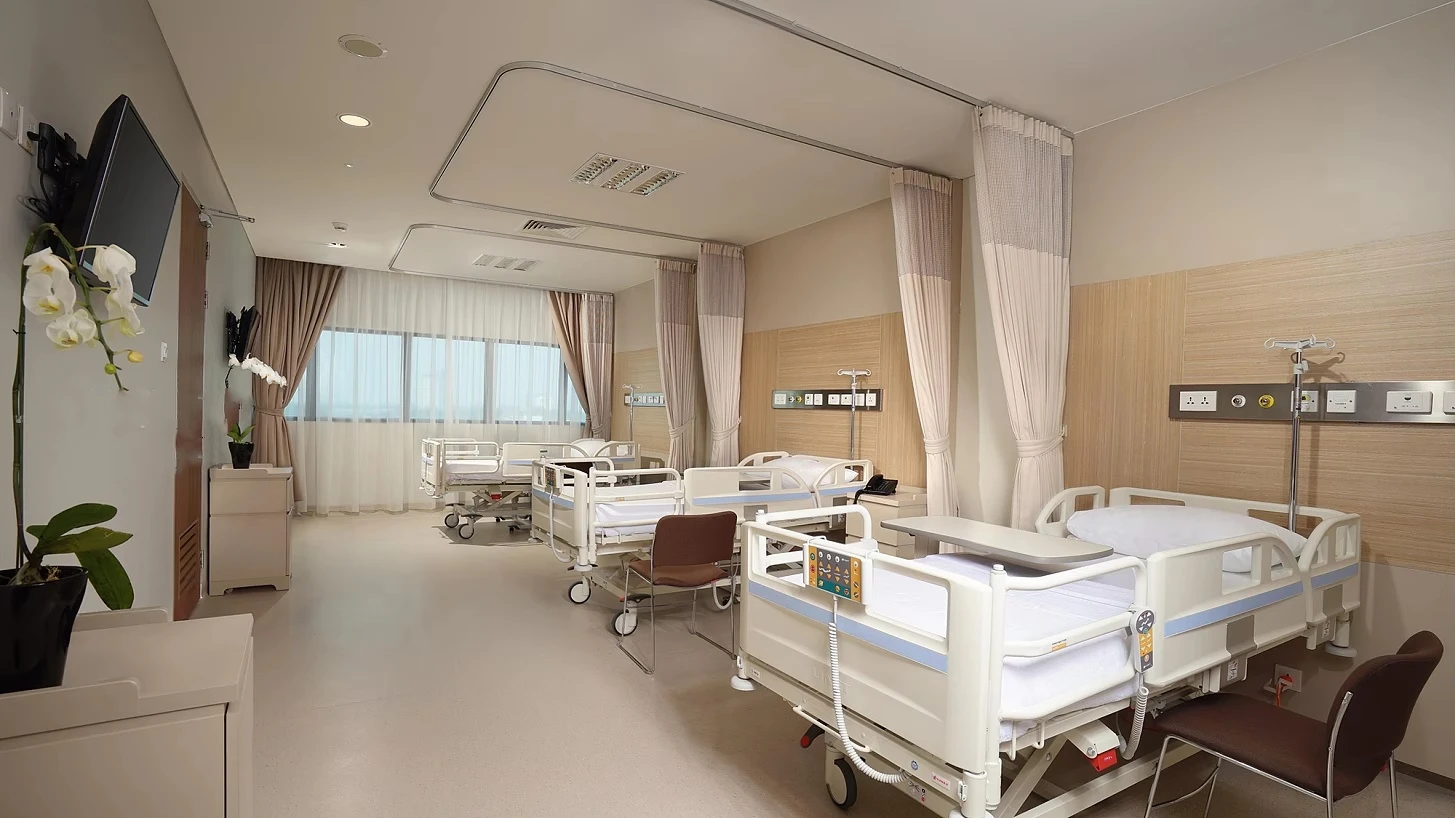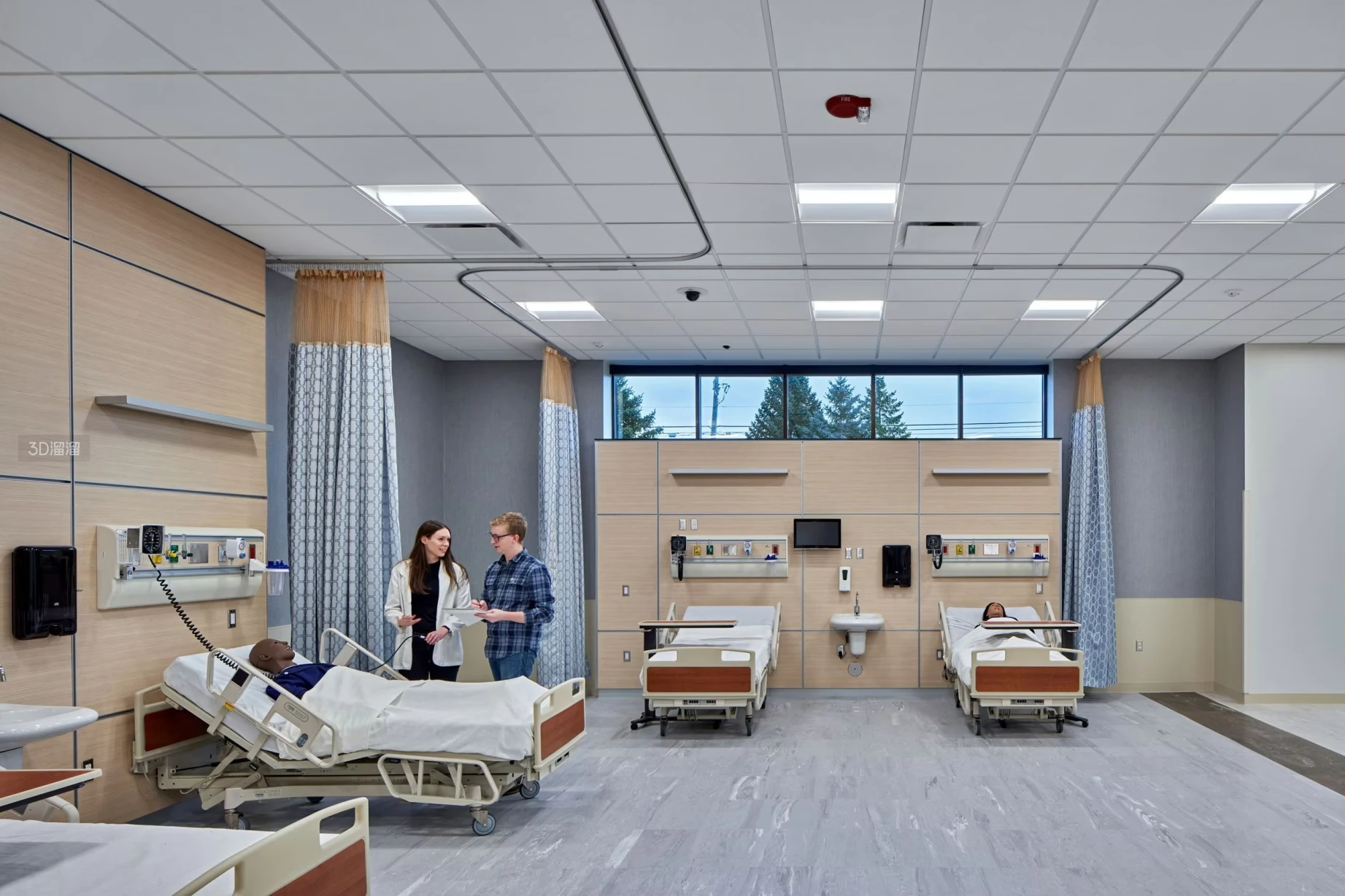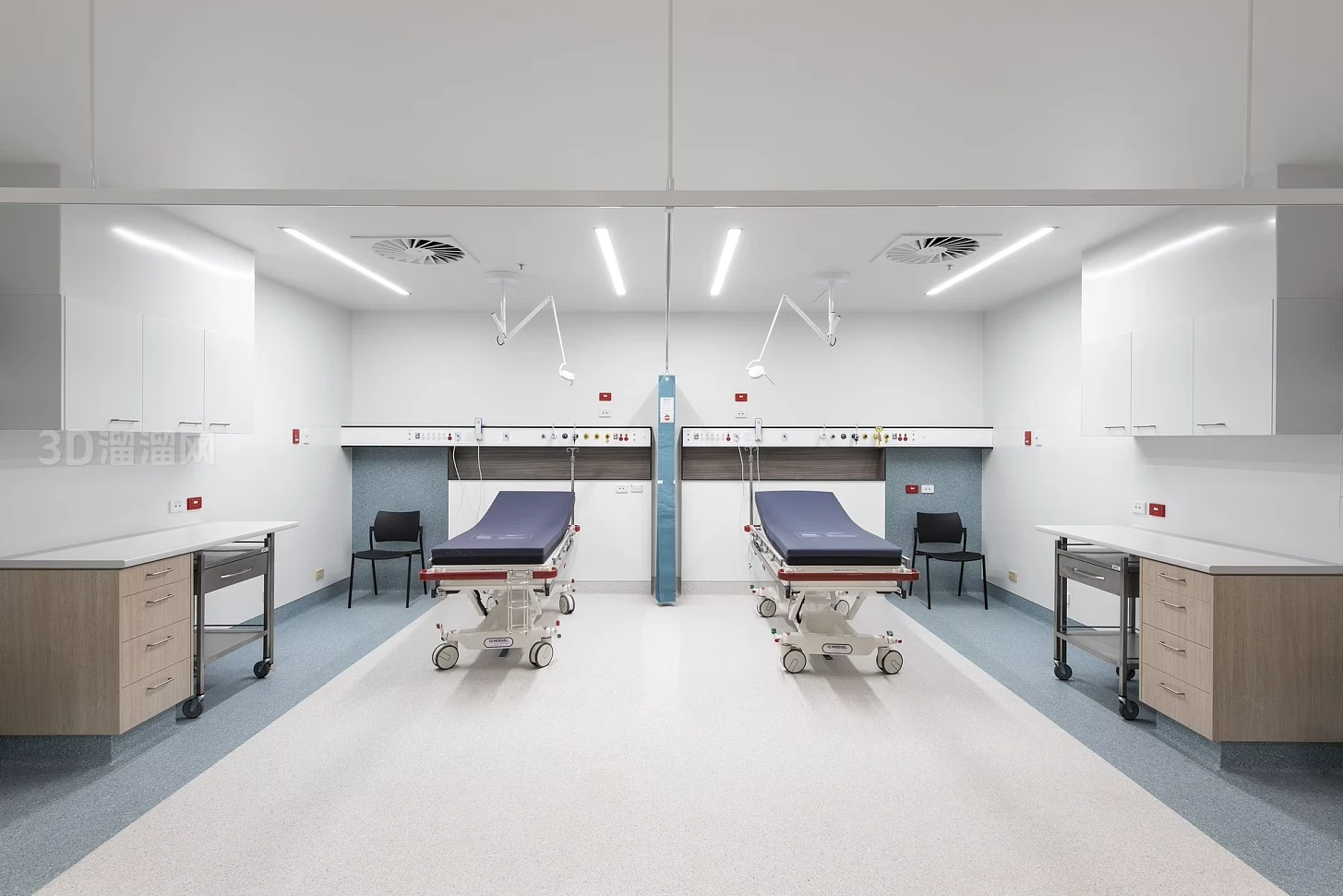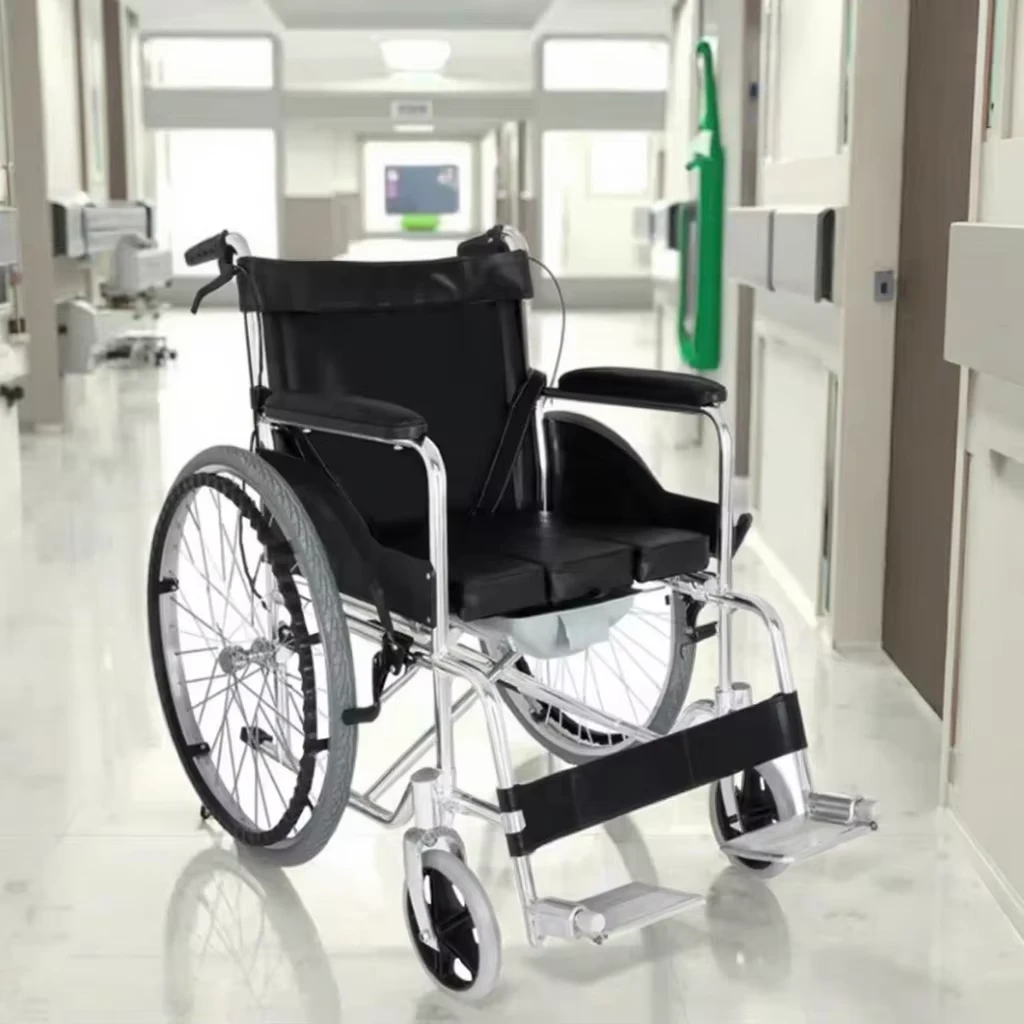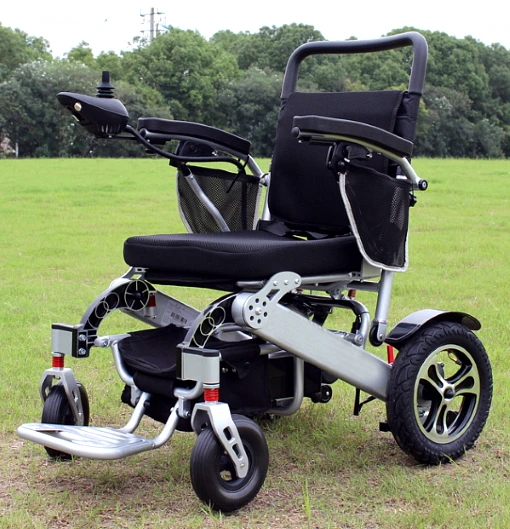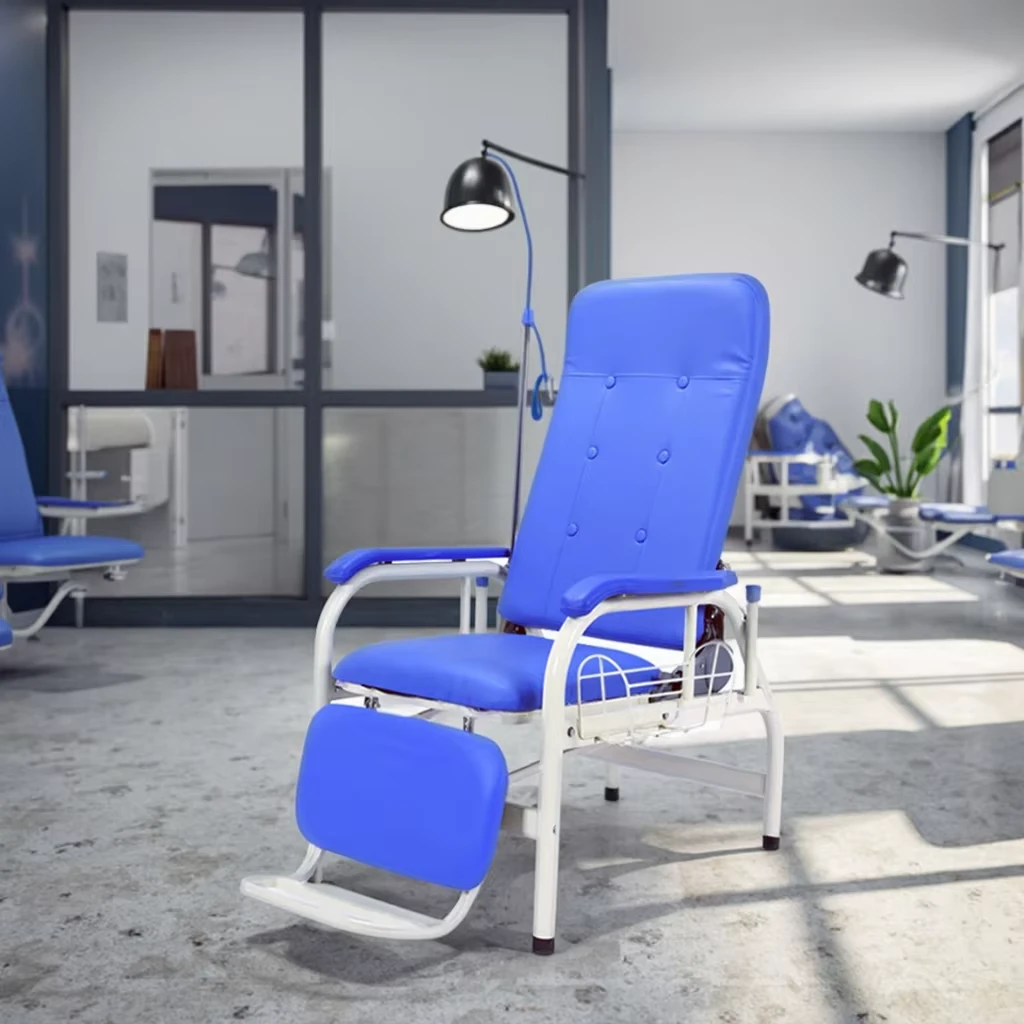Nursing Home Medication Carts - Secure, Mobile & Efficient Medication Management
- Overview of nursing home medication cart
s and their role in elderly care - Data-driven impact on medication error reduction
- Technical innovations in modern medication cart design
- Comparative analysis of leading manufacturers
- Customization options for facility-specific needs
- Real-world implementation case studies
- Future-proofing medication management systems
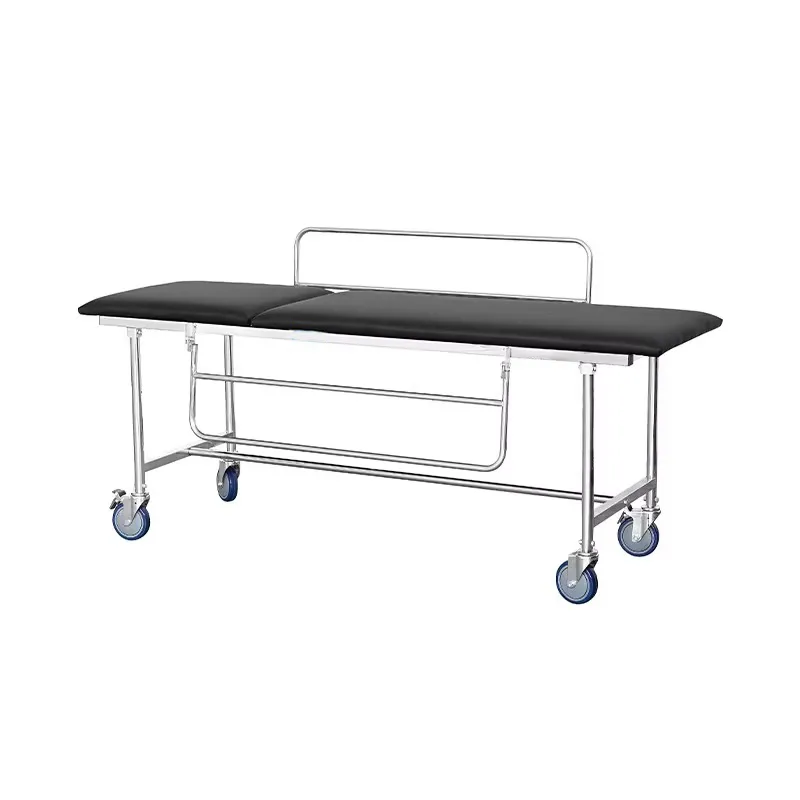
(nursing home medication cart)
Enhancing Efficiency in Nursing Home Medication Carts
Nursing home medication carts serve as critical infrastructure in elderly care facilities, directly influencing operational workflows and patient safety. Recent studies by the Journal of Clinical Nursing reveal that specialized medication carts reduce dispensing errors by 43% compared to traditional storage methods. These mobile units integrate secure storage, dosage tracking, and ergonomic design to support healthcare professionals in delivering timely care.
Quantifiable Improvements in Medication Safety
Data from 450+ long-term care facilities demonstrates the measurable impact of upgraded systems:
| Metric | Legacy Carts | Modern Carts | Improvement |
|---|---|---|---|
| Monthly dosage errors | 8.2 | 3.1 | 62%↓ |
| Staff retrieval time | 12.4 mins | 5.7 mins | 54%↓ |
| Cross-contamination incidents | 1.9 | 0.3 | 84%↓ |
Engineering Advancements in Cart Design
Leading manufacturers now incorporate:
- Biometric access controls with 99.98% authentication accuracy
- Modular compartments adapting to 23+ medication formats
- Anti-microbial surfaces tested against 19 common pathogens
- Weight sensors detecting ±5g dosage discrepancies
Market-Leading Solutions Compared
| Feature | MedCart Pro | SafeDose X9 | HealthGuard RX |
|---|---|---|---|
| Battery life | 18hrs | 14hrs | 22hrs |
| Compliance certifications | FDA/CE | FDA | FDA/CE/ISO |
| Maximum load capacity | 68kg | 55kg | 75kg |
Tailored Configurations for Specialized Care
Customization parameters enable facilities to:
- Select from 7 base sizes (24"-48" width)
- Integrate with 95% of existing EHR platforms
- Choose between 3-tier security protocols
- Install UV-C sterilization cycles (2-15 minute intervals)
Operational Success in Midwest Care Network
A 120-bed facility achieved ROI in 9 months through:
- Standardized medication access protocols
- Real-time inventory tracking reducing waste by $8,200 monthly
- Dual-stage authentication eliminating unauthorized access
Why Nursing Home Medication Carts Are Essential
As regulatory requirements tighten (2024 CMS guidelines mandate electronic medication tracking), advanced carts transition from optional upgrades to operational necessities. Facilities adopting smart cart systems report 37% faster audit compliance and 28% reduction in liability insurance premiums.
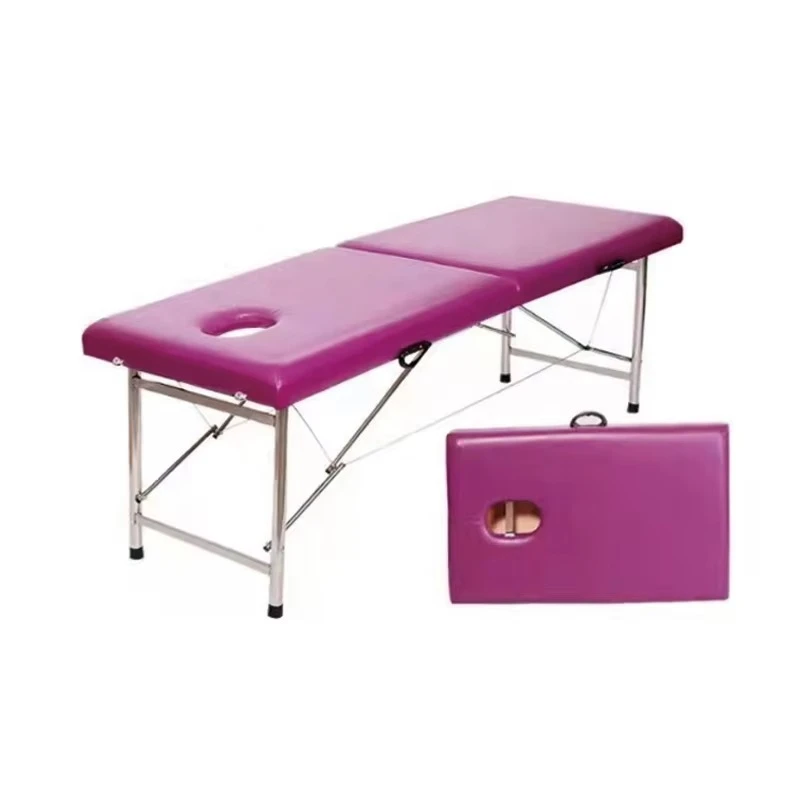
(nursing home medication cart)
FAQS on nursing home medication cart
Q: What are the key features of a nursing home medication cart?
A: Nursing home medication carts typically include secure locking systems, organized compartments for medication storage, and mobility features like wheels. They are designed to streamline medication administration while ensuring resident safety and compliance with healthcare regulations.
Q: How do nursing medication carts enhance safety in care facilities?
A: These carts reduce errors by providing labeled storage for individual residents and controlled access to medications. Secure locks prevent unauthorized use, and ergonomic designs minimize spillage or mix-ups during transport.
Q: What should I consider when selecting medication carts for nursing homes?
A: Prioritize carts with HIPAA-compliant documentation storage, durable construction, and easy-to-clean surfaces. Ensure the cart’s size and maneuverability suit your facility’s layout and staff needs.
Q: Are nursing home medication carts required to meet specific regulations?
A: Yes, they must comply with OSHA, FDA, and state healthcare guidelines. Features like tamper-proof locks and proper medication labeling are often mandatory to meet safety and audit standards.
Q: How often should medication carts be maintained in nursing homes?
A: Daily cleaning and weekly inventory checks are recommended. Additionally, mechanical components (e.g., wheels, locks) should be inspected monthly to ensure functionality and compliance.



